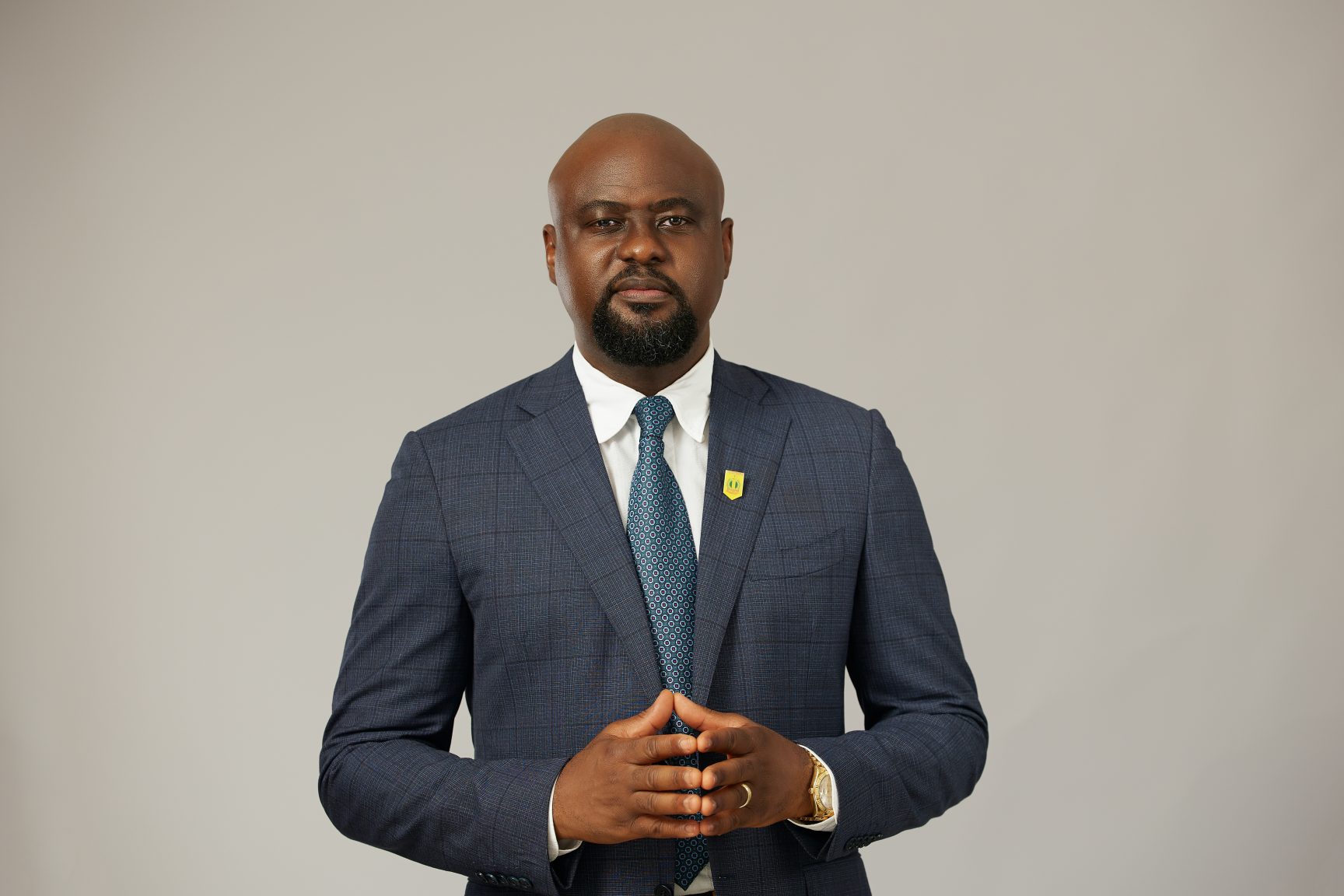
The Chief Executive Officer (CEO) of Nina Jojer, a tech solutions company, Chukwuemeka Ujam, has urged budding cybersecurity to remain abreast of emerging technologies such as Internet of Things (IoT), blockchain, and artificial intelligence (AI) – all critical areas in the cybersecurity landscape.
Ujam, a former member of the House of Representatives, conveyed this on Friday, during the webinar themed “Building Blocks For a Successful Cybersecurity Career,” at the Ingressive For Good (I4G) in collaboration with CISCO graduation ceremony, providing attendees with an opportunity to learn invaluable lessons from his seasoned expertise.
During the event, Ujam shared his insights for crafting a thriving career despite the challenges posed by the complex and ever-evolving world of cybersecurity.
He stated that his foray into cybersecurity began with his academic pursuits, starting with a degree in Electronic Engineering. However, it was during his time pursuing a master’s degree in the United Kingdom that he delved into the realm of cryptography, an encounter that ignited his passion for the field. “I caught the bug,” he admitted.
Addressing an audience of aspiring cybersecurity enthusiasts, Ujam emphasised the transformative power of perseverance and networking and encouraged newcomers to the field to remain steadfast in their pursuit.
Networking, according to Emeka Ujam, could be a serendipitous linchpin. Drawing from his own experience, he narrated the tale of a chance encounter in a pub that led to a seven-year contract with British Telecom.
He also noted the importance of maintaining continuous learning, keeping up with industry trends, and remaining abreast of emerging technologies such as IoT, blockchain, and AI – all critical areas in the cybersecurity landscape.
Chukwuemeka Ujam stated, “All I can say, you know, is that everyone has started somewhere. So as you begin your journey, good luck.
“Keep your skills alive. You know, people do not want to speak to someone who is not current. Don’t be afraid of failure. People will reject you, and you will send your application letters to a million companies,
“And maybe only one will come back, but that one will be yours. So do not be afraid of failure, or rejection. Keep your networks alive. I started contracting in the UK. And I just went to a pub with my colleagues, and they introduced me to somebody in the bar there, and from there, I had a seven-year contract with British Telecom, just because of a drink in a bar. So keep your networks alive. You know, nobody’s going to fish you out of your bedroom.”
Reflecting on academic degrees, the CEO dispelled misconceptions about the value of academic degrees in the industry. “Degrees are valuable… it also helps open the door,” Ujam revealed, sharing his own academic journey that led to a PhD in biometrics and IT security.
He also highlighted the doors that education can open, while still championing practical skills.
Ujam dispelled concerns about the encroachment of AI and automation on job opportunities, asserting that artificial intelligence will usher in “a new pistol of jobs, new fiscal opportunities.”
He acknowledged that while some countries enforce stringent data protection laws, remote working and entry-level security architecture roles are still accessible in a global village connected by technology.
However, he implored the audience to remember that every expert in the cybersecurity field started from a similar point, and what sets them apart is their determination to apply themselves even after failure.
“You may fall by the wayside and find something else to do. That’s life. You will gain a skill that is quite exciting. So please, please do not give up. Do not give up. I can’t emphasise it enough. Don’t be despondent. There are times when you get weeks of rejection letters. It does not say that you are not a valuable individual, you are valuable just when the right opportunity has not come.”
He added that the audience should not always be sad about rejection, but they should learn from every rejection by asking questions like, “Why was I rejected? Did I write my resume the right way? Did I tailor my resume to what they’re asking for? If there was a certain skill set they wanted, Did I have it? I don’t have it okay. Let me go and improve myself.”






